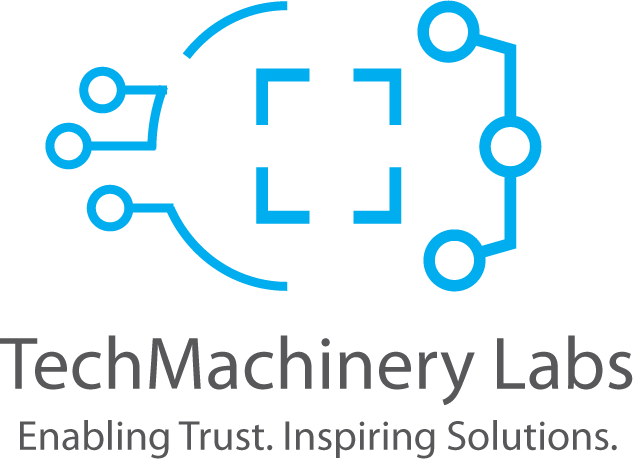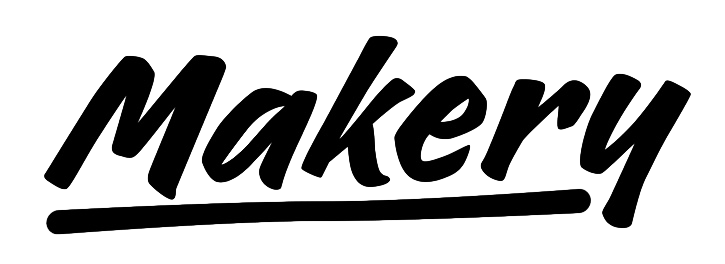TechMachinery Labs

TechMachinery Labs™ is a product-based company focused on developing unique and innovative products in the track and trace, anti-counterfeiting, and process digitization domains. They solve the most complex problems in these domains using a variety of technologies including machine learning, advanced analytics, computer vision, and edge computing.

“We replaced multiple existing and other future tools with a single collaboration tool. Plus, it removed all of the admin and maintenance overheads for us.”
— Nishant Krishna, CTO and Chief Architect, TechMachinery Labs
Personal information
I’m Nishant Krishna, CTO and Chief Architect at TechMachinery Labs. I have 20+ years of experience working on architecture, anti-counterfeiting technologies, EdTech, cloud computing and virtualization, the internet of things (IoT), machine learning, cybersecurity, and API development. I also have 5 granted US patents.
I’m a co-founder of TechMachinery Labs. As CTO and Chief Architect, my work involves conceptualizing products, APIs, and solutions, and making sure that end-to-end delivery happens. I’m also responsible for driving all of the technical innovations inside the company.
Challenges before adopting Space
What made you look for Space or alternative solutions?
As a startup, we have a mix of full-time and part-time employees. Apart from that, we also have contractors and interns, and some of them are non-technical.
We needed a tool or tools for collaboration in this heterogeneous team. Since we are a technology company, we wanted the tool(s) to take care of the usual things – communication, code repositories, code reviews, Agile-based development, and so on.
Did you consider any other solutions as an alternative to Space?
Before moving to Space, I looked at the following tools, among others:
- Slack for communication
- GitHub, GitLab, AWS CodeCommit for repositories
- GitLab and few other tools for code reviews
- Various bug tracking tools
- RedMine, which can take care of many of these things
How was your collaboration process organized before? Which areas or steps of your process were missing/challenging/problematic? Was it related to the changes in your business or company transformation (like rapid growth)?
We were using Slack very effectively. For code repos, we were also using AWS CodeCommit. Things were working fine, as most of our work was MVP without paying customers. When we got paying customers and the heterogenous team had to grow, the existing tools became bottlenecks in terms of easy management and integration. So indeed, a part of this shift was related to the changes in our business and company growth.
Why Space?
Why did your team decide to use Space?
In short, it replaced multiple tools and reduced our overhead by a great deal.
What are the key benefits you get from using it?
- Single collaboration tool
- Fully integrated environment for all our collaboration needs
- Easy to administer and manage
Have you solved the issues you have identified in your process with Space? What has changed? Please describe your case study.
The main issue we solved is that we replaced multiple existing and future tools with a single collaboration tool. Plus, it removed all of the admin and maintenance overheads for us.
Feedback
Describe your experience during the adoption period. Was Space hard to get used to?
It was super easy to get used to. Moreover, I’ve been collaborating with CodeOps for many years now. They helped me with any questions I had, which made it very easy to adopt Space.
Is there anything you would like to improve in Space (e.g. any important features that are missing, usability problems, etc.)?
I have been contributing to the development of Space by submitting bug and feature requests to YouTrack. Some of the key ones are:
- Private projects in the Team plan or as an add-on to the Team plan.
- Guest users / View-only users – being able to add a few free or low cost guest users would be ideal for any startup, as we do have users who are just observers.
- Summary of users – a single report which shows everything about each of the users in a consolidated way.
Contacts
Nishant Krishna, CTO and Chief Architect, TechMachinery Labs
Similar Customer Stories

AmberCore Software Ltd
Anna Vinogradova, Chief Marketing Officer, AmberCore Software Ltd
Communication has become faster since we started using Space. I think the deciding factors in choosing to go with Space were its ease of use and versatility.

Makery
Andras Kindler, Co-Founder, Makery
Rather than using a multitude of individual tools, we’ve always preferred integrated environments. We started looking for a new digital home, and when we heard about Space at KotlinConf, we really liked the concept. So we decided to sign up.

Instil
Garth Gilmour, Head of Learning, Instil
When the social distancing restrictions were introduced in March 2020, we needed a tool that would let us collaborate online with students as part of virtual deliveries, and Space was the obvious choice.